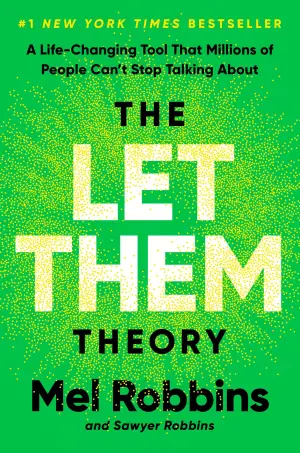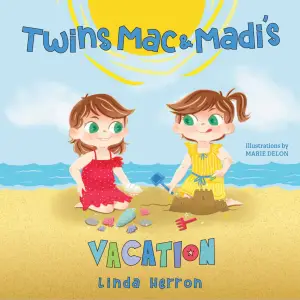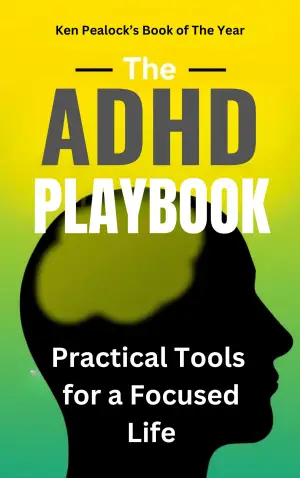A Journey Through Life and Love at the Circus: My Thoughts on Water for Elephants
When I first picked up Sara Gruen’s Water for Elephants, I was intrigued by the idea of an elephant-centric story, perhaps one that detailed the travails of elephant conservation. Little did I know that this engaging novel would lead me through the intricacies of love, loss, and the harsh realities of life in a Depression-era traveling circus. From the moment the book revealed its glittering, yet gritty underbelly, I knew I was in for an unforgettable experience.
Set during the tumultuous Great Depression, Water for Elephants follows Jacob Jankowski, a struggling young vet who finds himself working in a traveling circus after family misfortune upends his life. The narrative unfolds with a cast of colorful characters, including the Polish-speaking elephant Rosie and the cruel animal trainer August. Jacob’s forbidden love for Marlena, who is trapped in an abusive marriage, draws us into a familiar yet captivating Hollywood-style romance. While the storyline may seem predictable—emotion, confrontation, and eventual reunion—there’s an unexpectedly poignant twist: an elephant takes center stage to clean up the mess of human drama.
One of the most striking aspects of Gruen’s storytelling is her ability to stay grounded in the gritty realities of circus life. Through meticulous research, she breathes life into an era often romanticized but never fully understood. The stark contrasts between skilled performers and the grueling conditions faced by the lower-class workers ring true. I found it shocking yet mesmerizing to learn how circus owners exploited their animals and employees, with tales of abandoned workers and grotesque spectacles lingering long after I turned the last page.
Gruen’s writing flows seamlessly, blending descriptive settings with vivid characterizations that kept me turning pages late into the night. Her use of metaphor is particularly compelling. The circus is described as "an illusion," echoing the paradox of joy amid suffering—an idea that resonates deeply with me. The text challenges us to question where our tears fall: are they for the characters, the elephant, or perhaps for the shared human experience of struggle and longing?
What truly struck me, though, was how Water for Elephants captures the duality of circus life. While the performers entertain and enthrall, they often harbor shadows of sorrow within. This ironic twist felt particularly moving, revealing that those who make us laugh can sometimes bear the heaviest burdens. The heartwarming yet heartbreaking intervention of Rosie the elephant became a symbol of unexpected redemption, making me wonder about the layers of emotional complexity beneath what might initially seem a simple love story.
For anyone who relishes a blend of romance and historical context, Water for Elephants is a beautiful read. Whether you’re a fan of poignant narratives, love stories, or simply a fascination with the circus, Gruen offers a heartfelt journey that might just give you a tear in your eye. Personally, it left me reflecting on the perils of illusion in our own lives, making me appreciate not just the joy, but the depth of emotion that accompanies it.
In the end, this novel captivated me in a way that perhaps transcends its straightforward plot. It’s a reminder that love, compassion, and the human spirit often triumph against the backdrop of the most unexpected challenges. Highly recommended for those seeking a whimsical yet earnest tale, I confidently rate this enchanting story 4.2 out of 5 stars.















